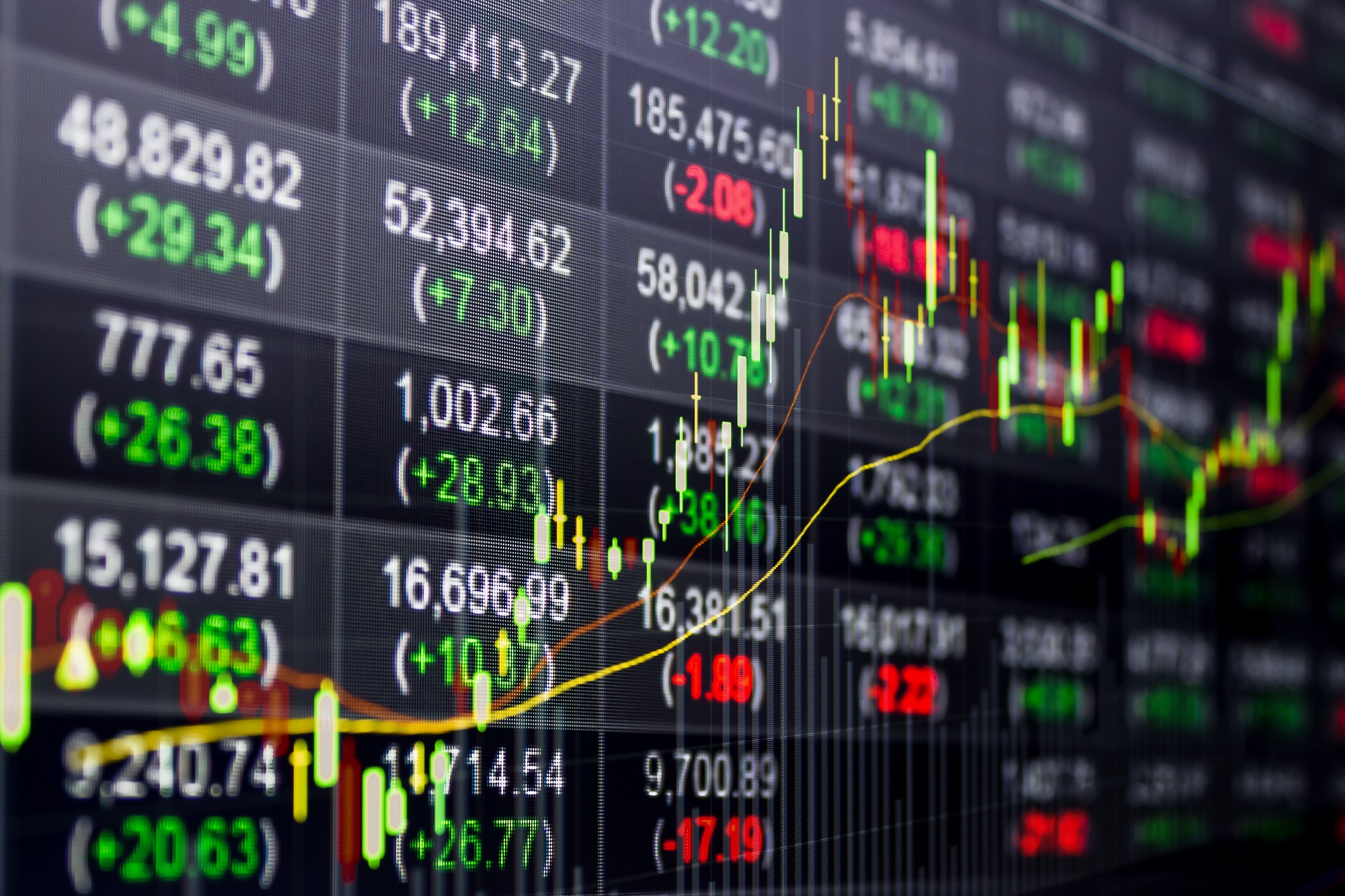Plastic Waste and the Basel Convention
- Description
- Reviews

In 2019, the Conference of the Parties (COP) to the Basel Convention on the Control of Transboundary Movements of Hazardous Wastes and their Disposal, at its 14th meeting, and the United Nations Environment Assembly (UNEA), at its fourth session, noted with concern that the high and rapidly increasing levels of marine litter, including plastic litter and microplastics, represent a serious environmental problem on a global scale, negatively affecting marine biodiversity, ecosystems, animal well-being, societies, livelihoods, fisheries, marine transport, recreation, tourism and economies.
Currently, there is no consolidated ‘one-stop-shop’ that Basel Convention Focal Points, Competent Authorities and other stakeholders can rely on to gain a comprehensive understanding of the steps needed and the tools and guidance available to ensure prevention and minimization, environmentally sound management and control of transboundary movement of plastic waste. This course aims to fill this gap.
The course explains the key provisions of the Basel Convention, thereby focusing on plastic waste across its three pillars:
- prevention and minimization of the generation of plastic waste;
- environmentally sound management of plastic waste;
- and control of transboundary movements of plastic waste.
Learning Objectives
After completing the course, learners will be able to:
- Summarize the key trends, challenges and opportunities related to plastic waste management at global and national level;
- Discuss the Basel Convention and its key provisions and annexes as well as the role of the Conference of the Parties (COP) and its subsidiary bodies with respect to plastic waste;
- Explain how different types of plastic waste are classified and must be managed under the Basel Convention;
- and others.




